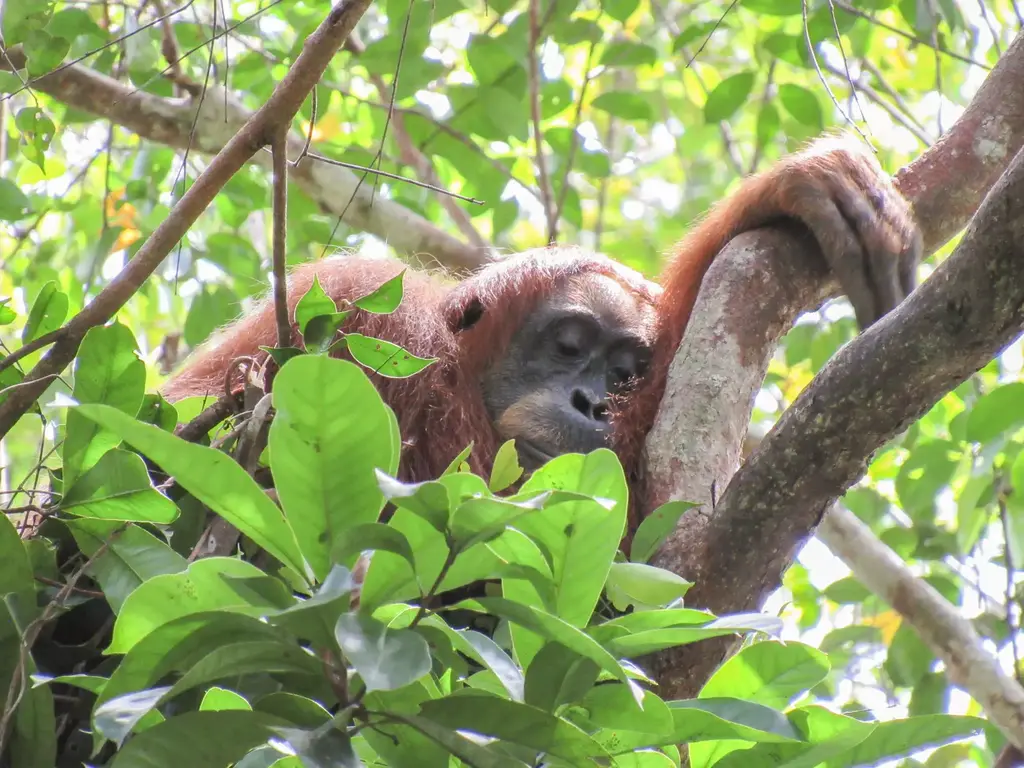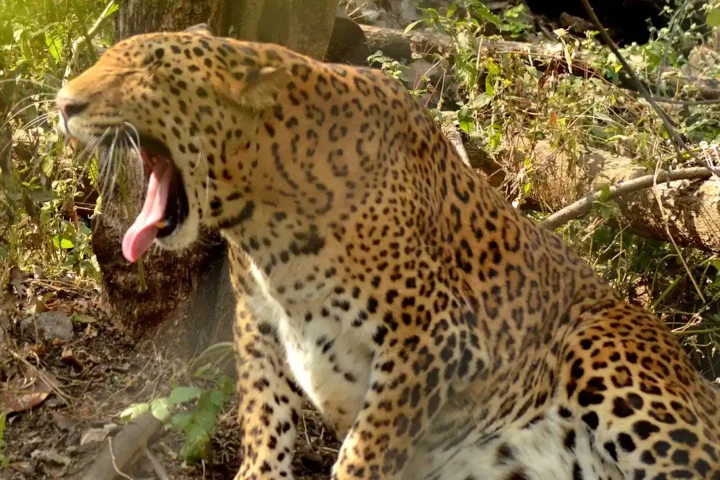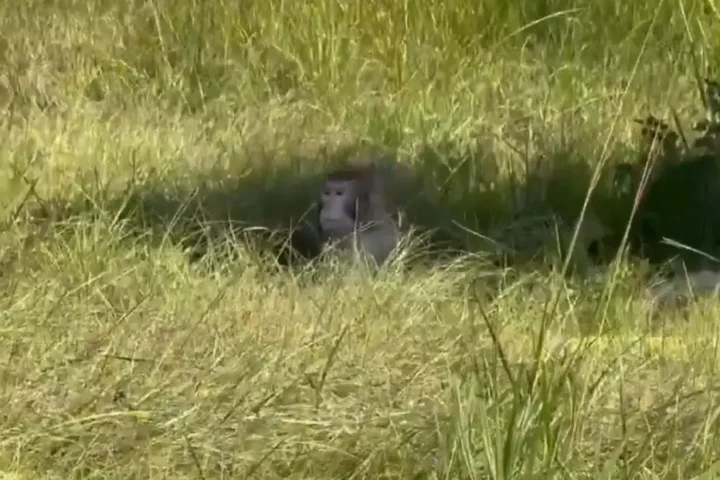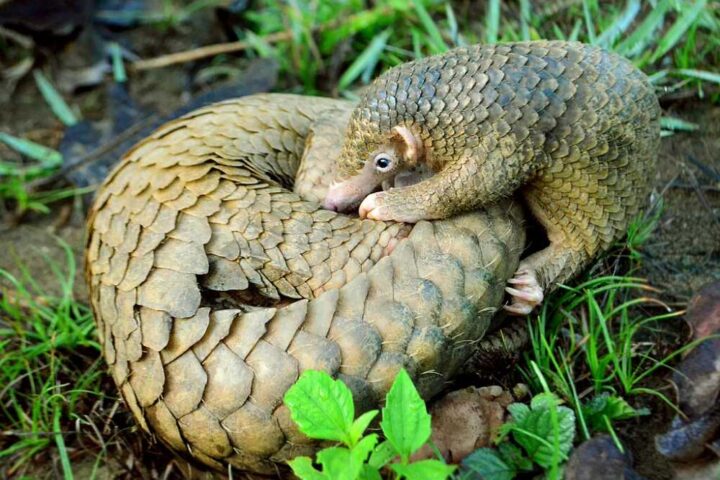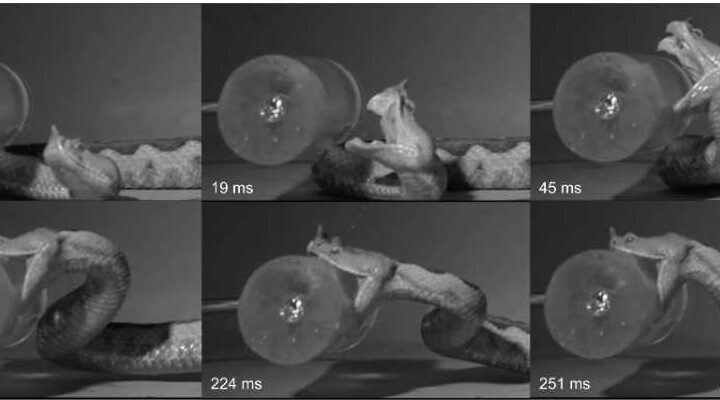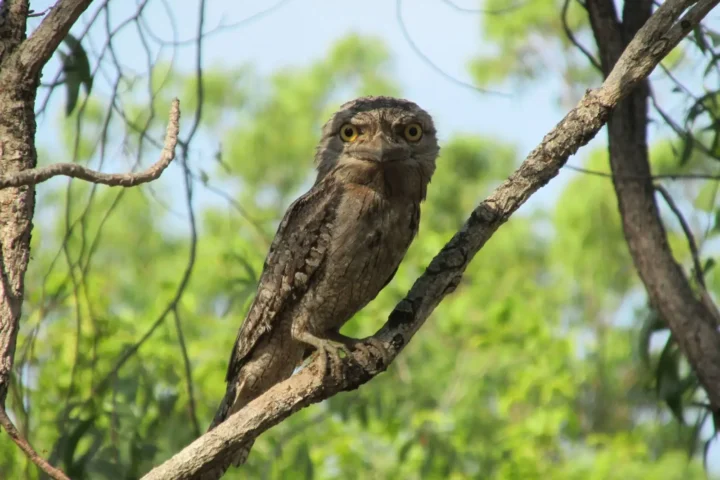New research reveals that orangutans, one of our closest living relatives, deal with sleep disruption in a surprisingly human way – they take naps.
Scientists from the Max Planck Institute of Animal Behavior and the University of Konstanz in Germany, working with Indonesian researchers, observed 53 wild orangutans over 14 years in Sumatra’s rainforests. Their groundbreaking study, recently published in Current Biology, provides rare insight into how these great apes manage sleep in their natural environment.
“When an orangutan doesn’t get enough sleep, it does what any sleep-deprived human might do: it climbs into bed, lies down, and takes a nap,” explains Dr. Alison Ashbury, the study’s first author.
The research team documented 455 days and nights of orangutan behavior at the Suaq Balimbing Monitoring Station in Sumatra. They tracked “sleep periods” – times when orangutans were silent and still in their nests – as an indicator of actual sleep.
Orangutans create two distinct types of nests. Each night, they spend about ten minutes building elaborate structures high in the rainforest canopy, weaving branches into a platform with a leafy mattress and pillow. These night nests provide safe, comfortable places for their average 13-hour sleep periods.
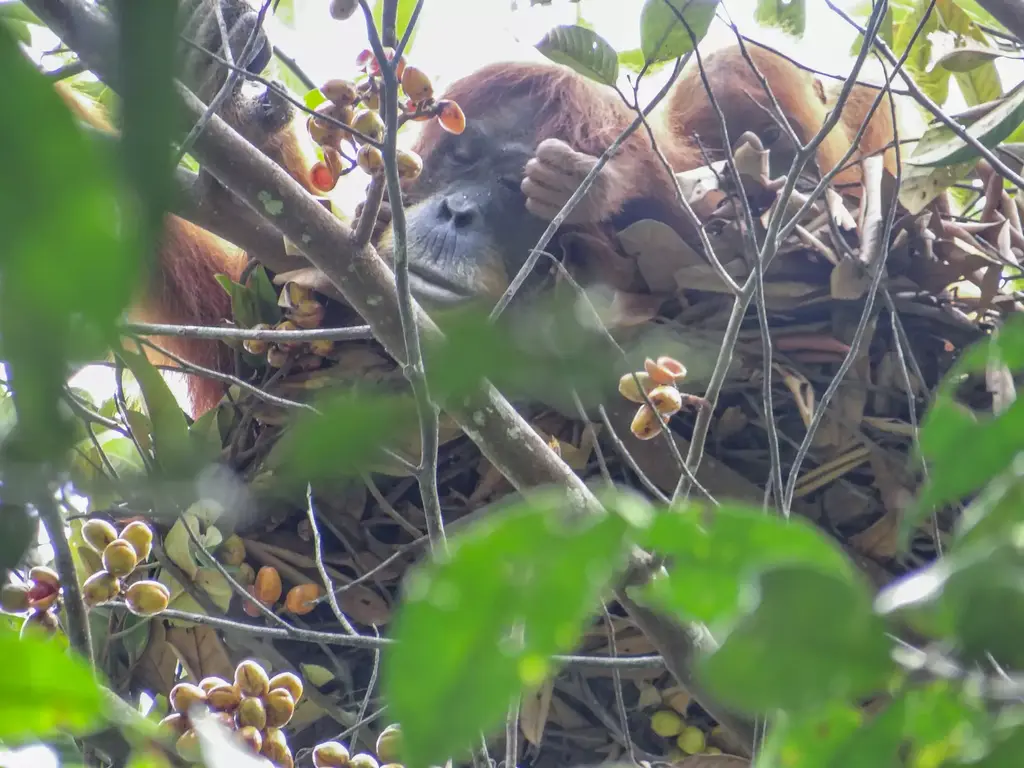
The study identified several factors that shortened their nighttime sleep: colder temperatures, longer daily travel distances, and especially the presence of other orangutans nearby.
“We thought it was really interesting that just being near other orangutans when building a night nest was linked to shorter sleep periods,” says Ashbury. “Imagine you stay up late hanging out with your friends, or your roommate is snoring so loudly in the morning that you get up early. They’re prioritizing being social over sleeping, or their sleep is being disrupted by others nearby, or even both.”
To compensate for lost sleep, orangutans build simpler “day nests” that take less than two minutes to construct. The researchers found clear evidence that these naps serve as recovery time: orangutans nap 5 to 10 minutes longer for every hour of sleep lost the night before.
On days when they napped, orangutans averaged 76 minutes of total nap time. They took naps on 41 percent of observed days, and their napping strategy appears particularly beneficial for maintaining cognitive function.
Similar Post
“For people, even a short nap can have significant restorative effects,” notes Professor Meg Crofoot, study co-author and director at the Max Planck Institute of Animal Behavior. “It’s possible that these naps are helping orangutans reset physiologically and cognitively after a poor night’s sleep, just like they do in humans.”
The Suaq orangutan population is known for complex tool use and cultural behaviors that require significant cognitive abilities. Researchers suspect this may be connected to their frequent daytime nesting.
“Among all studied orangutan populations, the Suaq orangutans arguably exhibit the widest range of cognitively demanding behaviors,” says Dr. Caroline Schuppli, the study’s senior author and research director at the Suaq site. “This may be linked to their relatively high propensity for daytime nest use. Either they need these high-quality naps to meet their cognitive demands, or their cognitive abilities can come about because they take high-quality naps in day nests so often.”
The orangutans’ semi-solitary lifestyle likely makes this napping strategy possible. Unlike primates in cohesive groups that must constantly coordinate with others, orangutans can nap whenever and wherever they choose.

This research contributes to our understanding of sleep in natural environments. While most sleep studies take place in controlled laboratory settings, examining how animals manage sleep in the wild – where they face predators, changing weather, and social challenges – helps scientists understand why sleep evolved across species.
For the endangered Sumatran orangutans, maintaining proper sleep could be increasingly difficult as their habitats face threats from deforestation and climate change. Disruptions to their natural sleep patterns might further impact their health and survival, adding urgency to conservation efforts.
The striking similarities between orangutan napping and human power naps suggest a deeply rooted evolutionary connection in how primates manage sleep debt. Just as 10-20 minute power naps help humans restore alertness and cognitive function, orangutans’ brief naps appear to serve a similar purpose in the wild.
